I am working on upgrading an ASP.Net Web Forms application to MVC + EF Web Application.
I am more or less clear about the MVC part but seems to be a bit stuck about the EF part.
Since its a upgrade so there already exists a DB with lot of stored procedures, functions and other things and I would like to keep them.
For EF Code First from DB is the prefered option as it generates the Model classes automatically.
I am struggling to conceptualize how this will actually work.
for example:
I have two tables Employee & Salary as
There is a stored procedure getEmployeeDetails which returns a cursor with properties from both tables.
I am not sure how to map this in DbContext as what I have read so far is that you can map stored procedure to a single mode and not two or more.
Can someone please suggest what can do done here and what will be the best option in terms or using EF code first with existing procedures.
Thanks!!!

